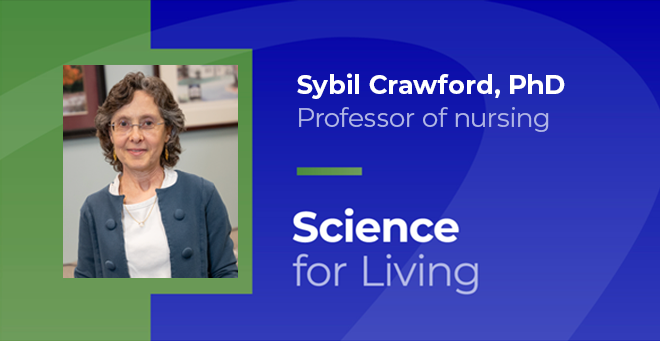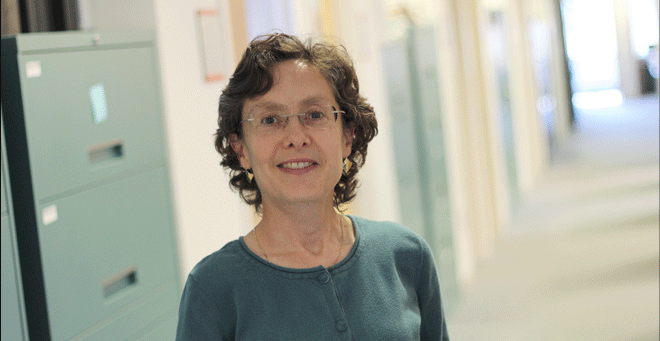
Hormone therapy may be appropriate to treat symptoms of early menopause, but can it also keep you healthy? A recently published follow-up from the Women’s Health Initiative found no evidence to support a primary prevention role for cardiovascular and other chronic diseases.
Other interventions were also analyzed and little impact on prevention was found. The study didn’t find evidence that routine supplementation with calcium plus vitamin D prevented fractures, or that a low-fat diet high in fruits, vegetables and grains prevented breast or colorectal cancer. However, a low-fat diet may help reduce breast cancer mortality, which researchers are studying further.
How did we get here?
Conflicting research findings on menopause have given midlife and older women whiplash over the past few decades.
Now, long-term data from the Women’s Health Initiative (WHI) and a longitudinal, epidemiologic study of women in their middle years and older, called the Study of Women’s Health Across the Nation or SWAN, are providing more guidance for women’s health throughout the post-reproductive lifespan, according to Sybil Crawford, PhD, professor of nursing. Dr. Crawford has conducted extensive research focused on menopause for 30 years and leads a statistical team for the SWAN study.
A generation ago, hormone replacement therapy was considered the cure-all for menopause symptoms such as hot flashes, disrupted sleep and brain fog, and some studies suggested it could also prevent a number of chronic diseases, including heart disease, dementia and some cancers.
“Before the Women’s Health Initiative, physicians were relying on observational studies of exogenous hormones, which found that in younger woman who were having symptoms and using it, it worked great,” said Crawford. “But two things make that not generally applicable. These women were younger and they tended to be healthier before they started hormones.”
“I’ve been reading in the news, ‘We don’t have information on menopause’, but we’ve been doing the research and trying to get it out there.”
The WHI was designed to test, through randomized clinical trials as well as observation, the risks and benefits of hormone therapy—either a combination of estrogen and progesterone or estrogen alone—in addressing menopause symptoms and disease prevention. Nearly 162,000 women aged 50 to 79 were enrolled between 1993 and 1998, with 68,000 randomized in clinical trials and followed for up to 20 years.
In 2002, the National Heart, Lung and Blood Institute stopped the hormone therapy trial three years early based on an evaluation that the risks of breast cancer and heart disease were increased, and other health risks of hormone therapy were greater than the benefits. The use of hormone treatments plummeted, Crawford said.
Further analyses looked at the WHI population by age group, not just as a whole, and found that hormone therapy was safe and effective for treating perimenopause and menopause symptoms in women younger than 60 or within 10 years of their last menstrual period. That recommendation still holds.
But hormone therapy may not be effective for many other uses. Crawford said the most recent study supported previous analyses that hormone therapy does not prevent cardiovascular disease, cancer or other chronic diseases in postmenopausal women.
So, what’s a peri- or postmenopausal woman to do to stay healthy?
Crawford said the SWAN study, which follows a racially and ethnically diverse population of approximately 3,300 women who were 42 to 52 years old when enrolled between 1996 and 1997, has fact sheets with tips for several women’s health topics on its website, swanstudy.org.
“A lot happens during this age period. It’s not just going through menopause,” Crawford said. “There are so many other factors going on in women’s lives. That’s why it’s important to pay attention to staying healthy, following what the American Heart Association calls ‘Life’s Essential 8.’”
Whether or not to use hormone therapy in early menopause depends on individual factors a woman should discuss with her health care provider. A directory of practitioners who specialize in menopause can be found on The Menopause Society website, according to Crawford. Some endocrinologists also specialize in menopause.
“I’ve been reading in the news, ‘We don’t have information on menopause,’” said Crawford. “But we’ve been doing the research and trying to get it out there.”
Science for Living stories feature the perspectives of UMass Chan Medical School experts on the research behind health news headlines. If you have ideas for topics you’d like to see explored, reach out to susan.spencer1@umassmed.edu.
